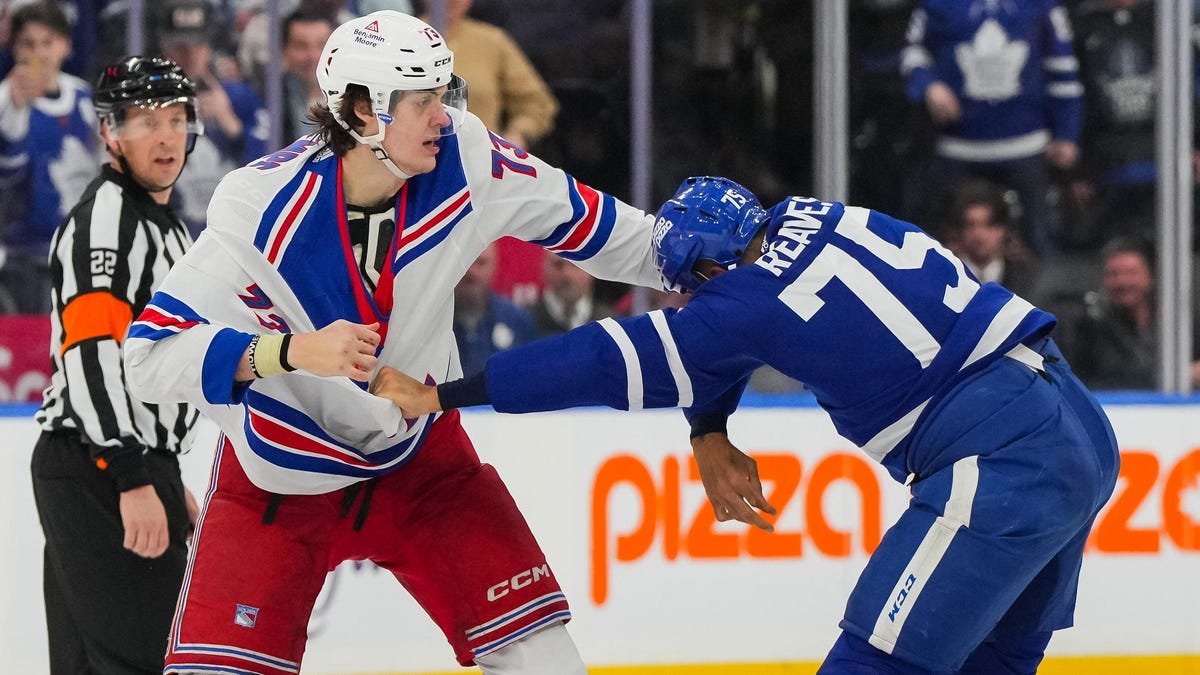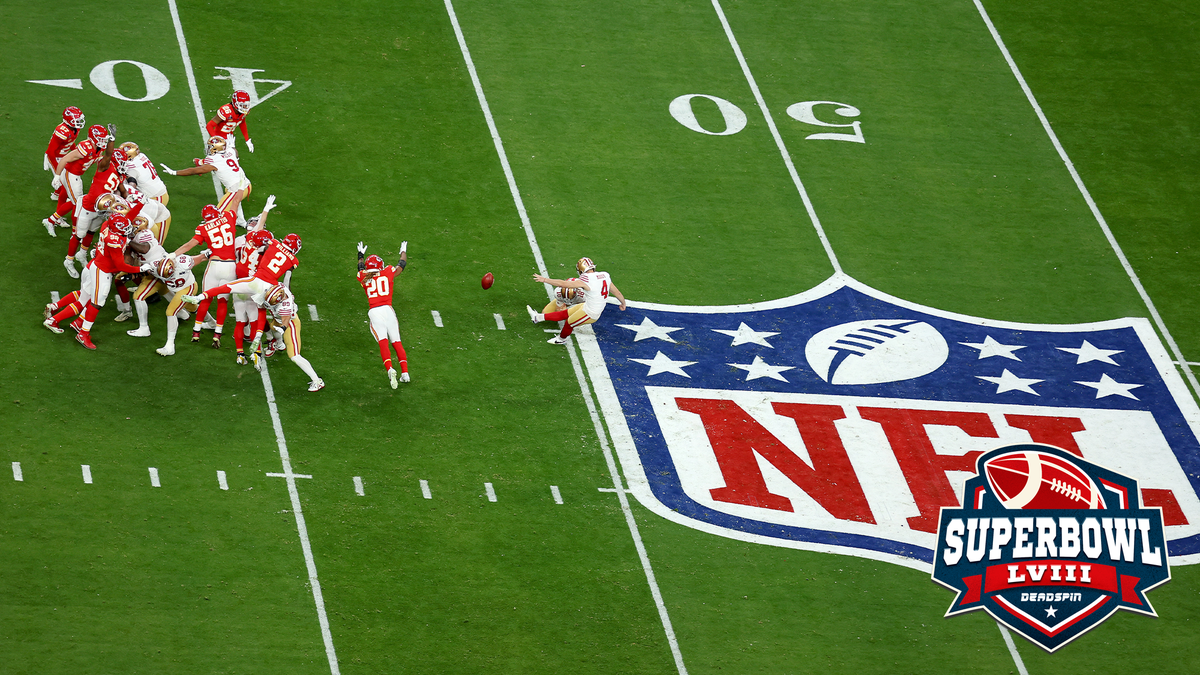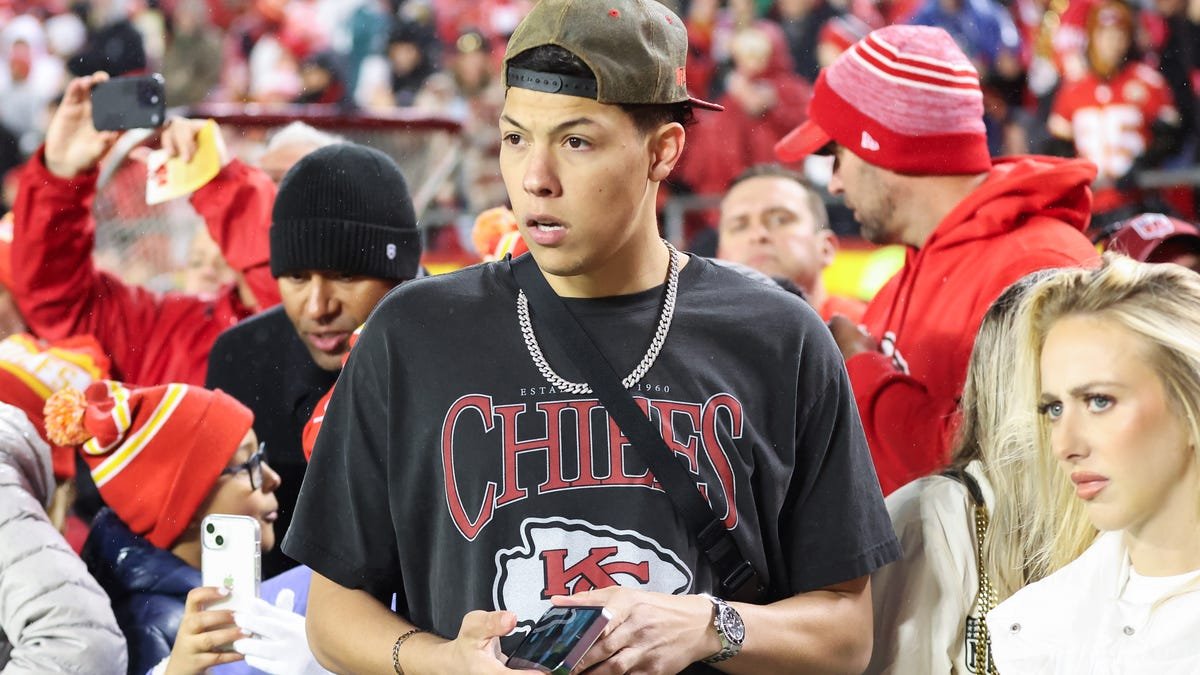The New York Rangers made a coaching change in the offseason, replacing Gerrard Gallant with Peter Laviolette in hopes of improving their play and performance on the ice. After a disappointing first-round exit at the hands of the Devils last spring, the Rangers were clearly outmatched in terms of speed and skill.
Laviolette’s arrival was expected to bring a new style of play to the Rangers, focusing on better puck possession, faster play, and more efficient offensive zone entries. However, the team still lacked the personnel to execute this style consistently, leading to some questionable roster decisions.
One such decision was the call-up of Matt Rempe, a 6-foot-7 enforcer who quickly gained a reputation for his fighting prowess. In just eight games, Rempe managed to get into four fights, racking up 20 minutes in fighting majors while seeing limited ice time. His presence on the ice did little to improve the Rangers’ performance, as they struggled to maintain a strong fourth line rotation.
Despite Rempe’s physical presence, the Rangers continued to face challenges on the ice, especially after injuries to key players like Blake Wheeler and Filip Chytil. The team’s lack of depth was exposed in a recent game against the Panthers, where they were dominated at even strength.
Critics argue that Rempe’s role on the team is unnecessary and potentially harmful, as staged fights add little value to the game and pose long-term health risks for players. His promotion sends a troubling message to the Rangers’ AHL team in Hartford, suggesting that fighting prowess outweighs actual hockey skills in terms of earning an NHL paycheck.
As the Rangers look ahead to the playoffs, they will need to address their depth issues and find more effective ways to compete against top teams like the Hurricanes. Rempe’s time in the spotlight may be short-lived, but the questions surrounding his role and impact on the team remain.
Ultimately, the Rangers and Rempe would be wise to focus on improving their overall game and finding ways to contribute positively on the ice, rather than resorting to staged fights for entertainment value. There are better uses of their time and resources that can help the team achieve success in the long run.





